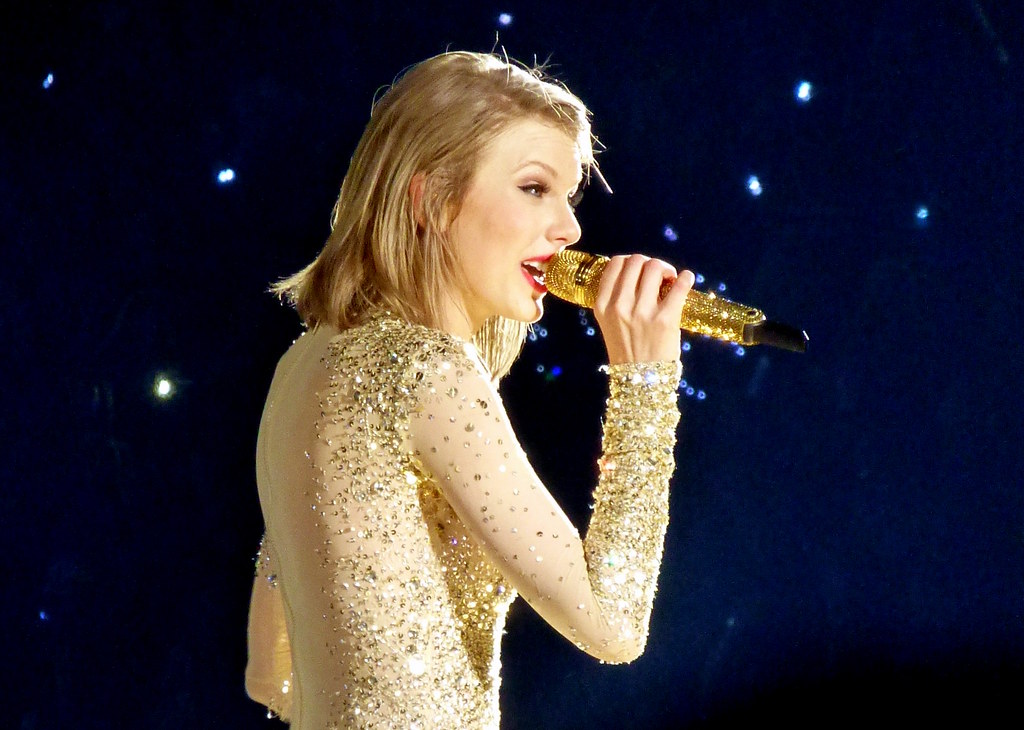
Pop music icon Taylor Swift's "Bad Blood" has filled the airwaves since its release in May 2015, and it appears her verses were far from metaphorical.
Swift and hundreds of fellow artists, along with several major labels, have signed a petition calling for reform of the Digital Millennium Copyright Act, or DMCA, which currently allows sites like YouTube to stream music for free.
According to a report by CNET, "The DMCA set a 'safe harbor' standard for tech companies, freeing them from liability for copyright-infringing posts so long as the company responds to takedown notices. The music industry has complained that's why YouTube can account for billions of song streams, but paid the inudstry less than what the labels made in vinyl-record sales last year."
The law, passed in 1998, of course could not have predicted the rise of YouTube and other such audio and video streaming services, which allow users to upload their own content that can be accessed from anywhere. This allows many people to create YouTube videos containing an artist's song in a way that could infringe on copyright laws.
But under the DMCA, YouTube has no incentive to take the video down unless the studio or the artist tells the site to do so. In short, music can now be accessed online for free.
Understandably fed up with not receiving proper compensation for their creative efforts, 185 artists including Swift (who famously pulled all her songs from the streaming service Spotify in 2014), along with Katy Perry, Billy Joel, Paul McCartney, three major music labels and an assortment of other organizations in the industry penned a petition to Congress this week to update the DMCA to reflect the technological changes since the law's inception. The letter reads:
"[The DMCA] has allowed major tech companies to grow and generate huge profits by creating ease of use for consumers to carry almost every recorded song in history in their pocket via smartphone, while songwriters' and artists' earnings continue to diminish. Music consumption has skyrocketed, but the monies earned by individual writers and artists for that consumption has plummeted...We ask you to enact sensible reform that balances the interests of creators with the interests of the companies who exploit music for their financial enrichment. It's only then that consumers will truly benefit."
These complaints are not just celebrities blowing hot air, as the entire music industry has seen steady drops in revenue as a result of the outdated "safe harbor" rules. In 2014, music's total earnings dipped below $15 billion for the first time in decades, with both physical and download purchases declining.
While having access to music for free is undeniably convenient, concerns with the current system from artists like Swift are completely justified. You have a right to the fruits of your labor, and streaming services like YouTube shouldn't rob the original creators of potential income.
